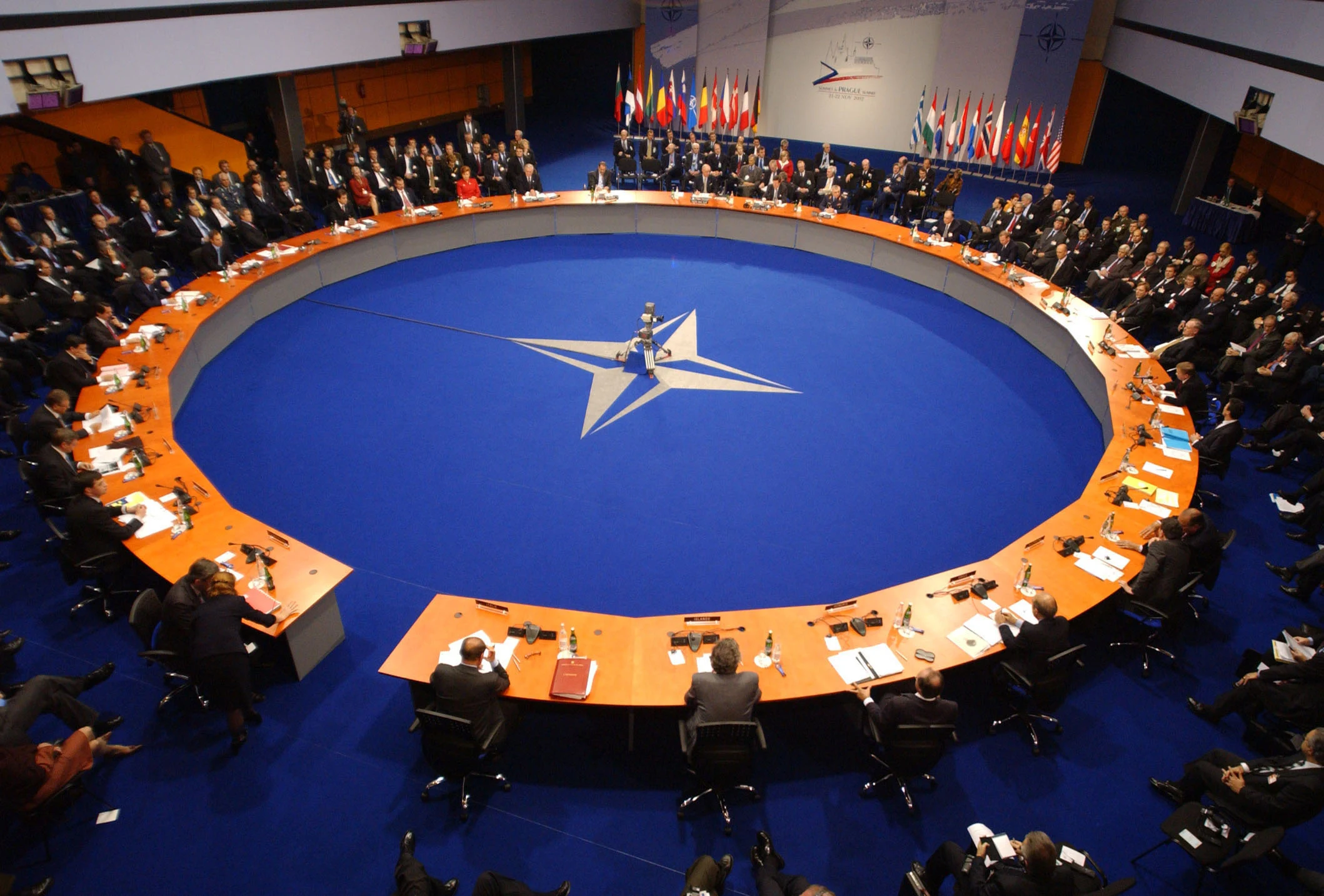The head of Poland's Military Counterintelligence Service has raised concerns regarding the possibility that Russian President Vladimir Putin may engage in supposed acts of aggression as a means to gauge the North Atlantic Treaty Organization's potential response.
Speaking to the Polish-language publication Dziennik Gazeta Prawna, Brig. Gen. Jaroslaw Strozyk specifically mentioned scenarios including possible Russian incursions into the Estonian city of Narva, right on the border with Russia, or possibly even seizing control of strategic Swedish islands in the Baltic Sea.
Despite these ominous possibilities, Strozyk pointed out that recent Western support for Ukraine has conveyed a robust message to Moscow. He believes that the collective efforts of the West demonstrate a unified stance against Russian aggression, potentially deterring Putin from launching an attack on NATO member states.
In a significant move, Polish President Andrzej Duda has affirmed Poland's readiness to deploy nuclear forces along its borders if deemed necessary. Duda highlighted Russia's increasing militarization of Kaliningrad and the relocation of nuclear weapons to Belarus as alarming developments. He stressed Poland's willingness to host nuclear arms as part of NATO's efforts to bolster its eastern flank, showcasing the nation's commitment to collective defense.
Given Poland's strategic position bordering Belarus and the heavily fortified Kaliningrad enclave, the country remains a pivotal player in the ongoing tensions with Russia. Duda underscored the operational readiness of Polish military units, emphasizing their ability to respond swiftly to any potential threat, with a remarkable readiness time of just three hours from deployment.
NATO claims Putin's next target after Ukraine may be the Baltics
In an opinion piece published on Bloomberg, former NATO Supreme Allied Commander and retired United States Navy Adm. James Stavridis warned that, should Russia's special military operation in Ukraine succeed, Putin may be interested in striking at the nations bordering the Baltic Sea, which has been dubbed a "NATO lake" by some analysts due to it being surrounded by NATO member nations: Sweden, Finland, Estonia, Latvia, Lithuania, Poland, Germany and Denmark.
Russia still retains access to the Baltic through the enclave of Kaliningrad and through the approaches to the city of St. Petersburg.
While Stavridis himself is confident that, in the event of a conflict between Russia and NATO, "any of Russia's warships" in the Baltic could be "quickly and easily bottled up or destroyed."
Other officials, meanwhile, are not so optimistic about a possible victory. Maj. Gen. Vadym Skibitsky, deputy head of Ukraine's main military intelligence directorate, warned that Russia could "take the Baltics in seven days."
"The Russians will take the Baltic in seven days. NATO's reaction time is 10 days," warned Skibitsky during an interview with The Economist, as he warned of the threat Moscow poses on other nations in Europe.
This warning comes as Ukraine grows increasingly concerned of more Russian breakthroughs. Skibitsky specifically spoke about the situation in Chasiv Yar, a strategic stronghold for Ukraine in the Donetsk Oblast. Analysts warn that Putin's military has been concentrating its efforts on seizing the town, and Skibitsky warned that Russia will probably soon overtake Ukrainian forces for control of Chasiv Yar.
"Not today or tomorrow, of course, but all depending on our reserves and supplies," warned Skibitsky.
Watch this clip from TruNews about Russia vowing to use nuclear weapons in the event of a conflict with NATO.
(Article by Richard Brown republished from NaturalNews.com )
